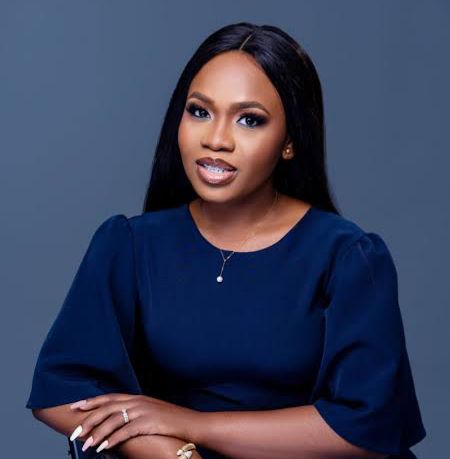Abiola Ayilara, a nurse informaticist and healthtech entrepreneur, is spearheading a new era in African healthcare with MyQura, an African AI-enabled ecosystem, using technology to provide access to quality, affordable, and relevant homecare.
Ayilara’s journey into health innovation began with a personal experience. After witnessing a close relative struggle after a critical illness due to the absence of structured homecare support, she recognised a systemic failure within Nigeria’s healthcare landscape.
“We’re not just solving healthcare challenges; we’re redesigning how Africans experience care, affordable, trusted, and culturally aligned,” says Ayilara.
Refusing to accept the status quo, Ayilara launched MyQura in 2021, a platform designed to transform how Africans experience healthcare beyond the hospital.
What You Should Know
Armed with a Master’s degree in Health Informatics from Sheffield Hallam University, UK, and advanced training in healthcare analytics and artificial intelligence, Ayilara combines deep medical insight with data-driven innovation.
According to her, the mission is simple but ambitious: to make home-based healthcare in Africa more accessible, efficient, and compassionate.
For Ayilara, technology alone cannot fix Africa’s healthcare challenges. She says empathy, cultural understanding, and community engagement are equally vital.
Her approach reflects a broader shift in Africa’s healthtech landscape, where innovators are localising digital solutions to address uniquely African problems. As she sees it, AI should amplify, not replace, human compassion.
Understanding MyQura
According to the startup, MyQurabintegrates family-first, community-based care with AI-driven monitoring and support. The platform connects users to locally trained caregivers, ensuring that care delivery aligns with cultural values and family dynamics.
Unlike conventional health apps, MyQura focuses on trust, empathy, and accessibility. Its AI-powered mobile application, available on iOS and Android provides real-time patient monitoring, caregiver management, and predictive insights to improve health outcomes.
Since its launch, MyQura has:
- Built a 25-member multidisciplinary team driving digital health transformation across Africa.
- Onboarded over 1,000 active users with a 75% retention rate.
- Trained more than 800 caregivers and delivered homecare services to over 120 paying clients, generating $150,000 in revenue.
- Recorded a 98% client satisfaction rate and established partnerships with hospitals and pharmacies.
- Begun raising $1 million in pre-seed funding to expand into three Nigerian states and scale operations to $2 million ARR within 18 months.
What This Means
The homecare market in Africa is projected to reach $10 billion by 2030, fuelled by rising healthcare costs, ageing populations, and the growing demand for personalised care. MyQura’s five-year projection of $3 billion in revenue positions it among emerging African healthtech leaders such as Helium Health and mPharma.
From hospital wards to investor boardrooms, medical professionals say Ayilara’s story embodies the creativity of Africa’s new generation of innovators. She stands at the intersection of medicine, data, and empathy, proving that nurses, not just engineers or doctors, can lead Africa’s digital health revolution.
According to industry leaders, Ayilara’s journey is a testament to what happens when purpose meets technology. As MyQura scales across Nigeria and beyond, analysts say it represents a movement towards inclusive, human-centred healthcare built for Africa, by Africans.
Talking Points
It is remarkable how Abiola Ayilara is leveraging her clinical experience and informatics background to build MyQura, an AI-enabled homecare ecosystem that truly reflects Africa’s healthcare realities.
By integrating AI-driven monitoring with culturally aligned caregiving, MyQura goes beyond technology, it restores trust and empathy to patient care, something often missing in digital health solutions.
The platform’s hybrid model, combining locally trained caregivers with intelligent automation, ensures care delivery that is both affordable and accessible, especially for families in regions with limited hospital infrastructure.
At Techparley, we view MyQura as a blueprint for how African healthtech startups can merge compassion with data to deliver inclusive, sustainable impact.
However, scaling culturally sensitive care will require strong partnerships with hospitals, local health authorities, and training institutions to maintain quality as MyQura expands into new markets.






